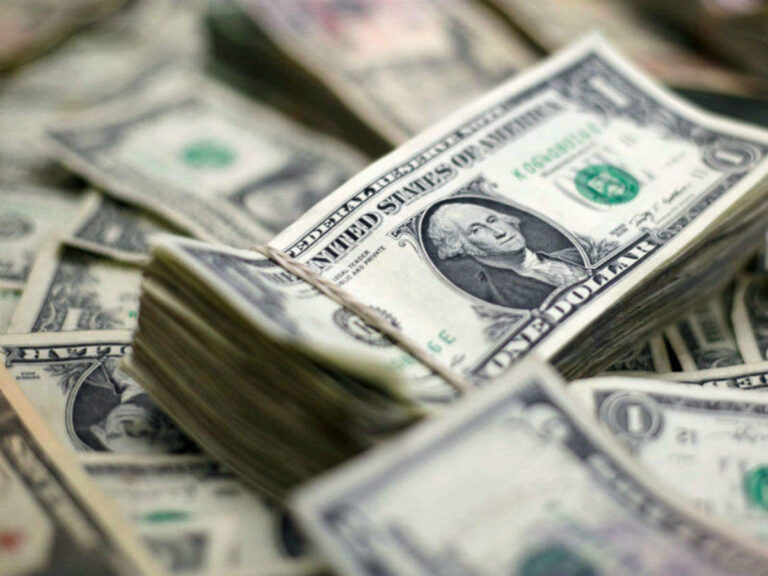
(Reuters) – The dollar climbed against major peers on Monday with investors seeking its relative safety as many countries tightened COVID-19 lockdowns.
Sterling GBP=D3 was the biggest loser in early Asian trading after Britain imposed tough new restrictions to stem a fast-spreading new coronavirus strain.
Meanwhile, Britain said the European Union must shift position after Brexit negotiators failed to find agreement on the weekend, raising the risk that the UK crashes out of the trading bloc’s orbit at the turn of the year with no deal.
The negative sentiment overshadowed a weekend deal among U.S. congressional leaders for a $900 billion coronavirus aid package.
The pound lost as much as 1.1% to $1.3381 before trading at $1.3400. The euro slid 0.4% to $1.22135.
“The lockdown news and the stalemate on Brexit is keeping the market nervous,” said Rodrigo Catril, National Australia Bank’s senior currency strategist in Sydney.
“Dollar strength is largely being driven by the move lower in the pound.”
The dollar’s rebound comes after it sank to 2 1/2-year lows against major peers last week, driven by optimism that a widening vaccine rollout would revive global growth.
The dollar index gained 0.3% to 90.257, after touching 89.723 on Thursday for the first time since April 2018.
Several European countries began closing their doors to travellers from the UK on Sunday amid alarm about a rapidly spreading strain of coronavirus.
On the Brexit front, the EU’s fishing rights in British waters continues to be a particular sticking point. British Health Minister Matt Hancock said on Sunday that the bloc should drop its “unreasonable demands”.
The riskier Antipodean currencies weakened at the start of the holiday-shortened trading week as investors rushed for haven assets.
The Aussie dollar dropped 0.5% to 75.895 U.S. cents. Its New Zealand counterpart fell 0.6% to 71.04 U.S. cents.
The greenback gained 0.1% to 103.450 yen, another traditional safe haven.
Even so, the mood could shift quickly, NAB’s Catril warned, forecasting that the pound could climb to $1.50 next year if a last-minute Brexit agreement gets done.
“We still can’t get our heads around the fact that a trade deal will collapse because of fisheries,” he said.
“Overall I would say that risk positivity driven by vaccines and stimulus, plus the fact that fiscal stimulus needs to be funded by a lot of borrowing in the U.S., still paints a picture of dollar weakness for 2021.”





